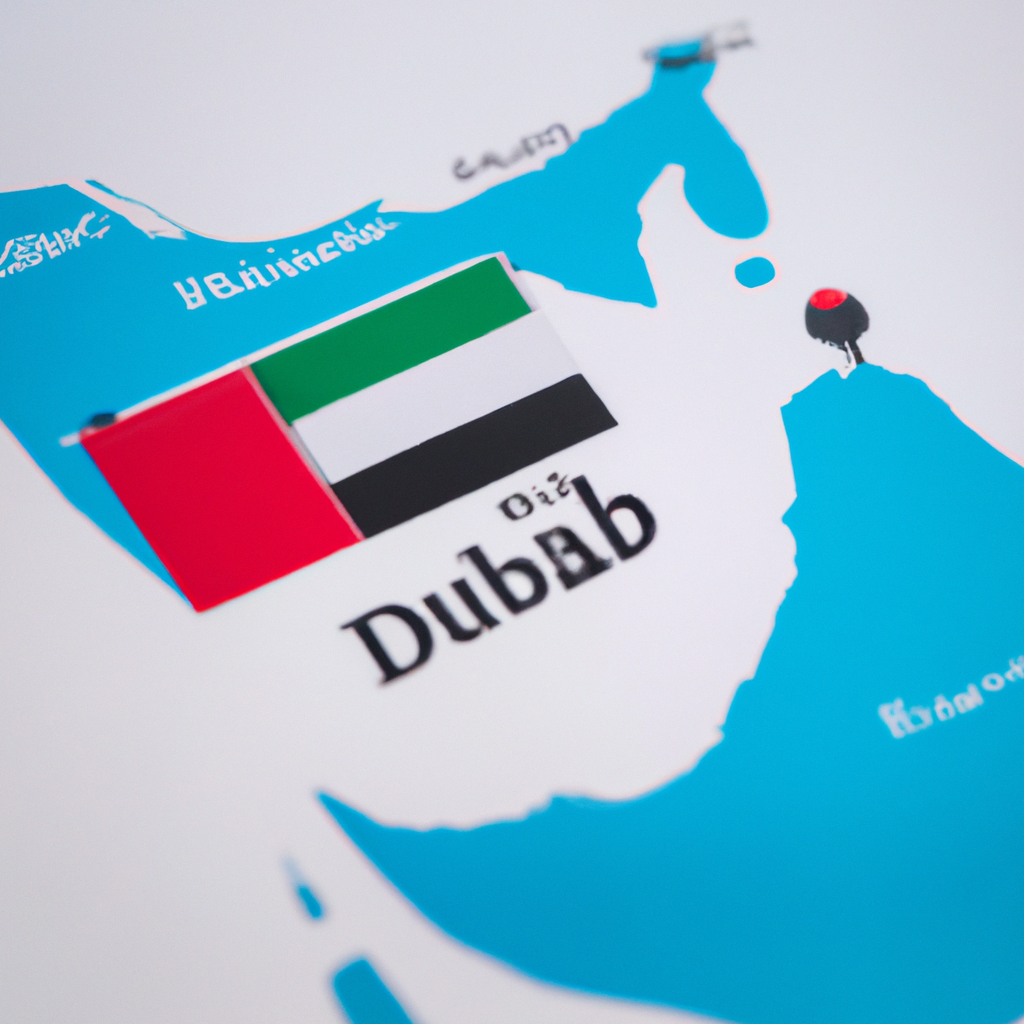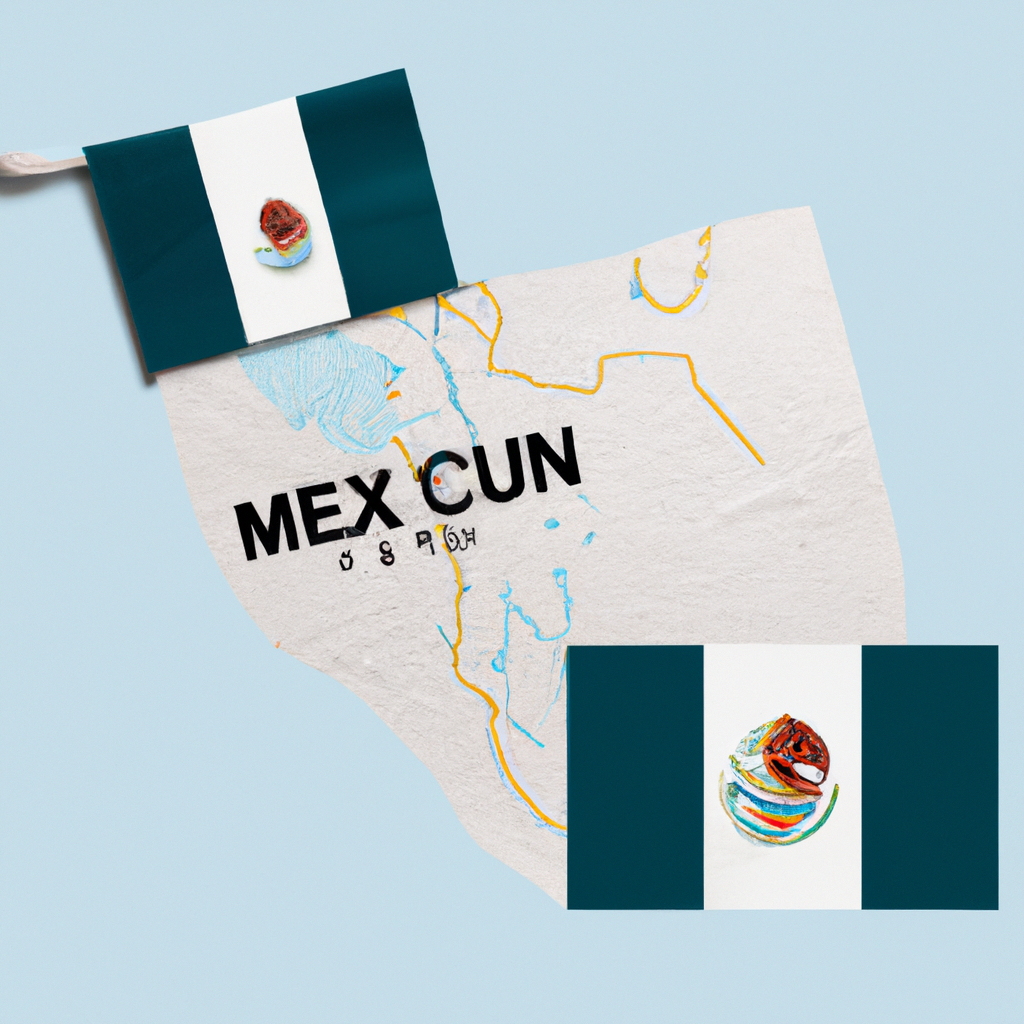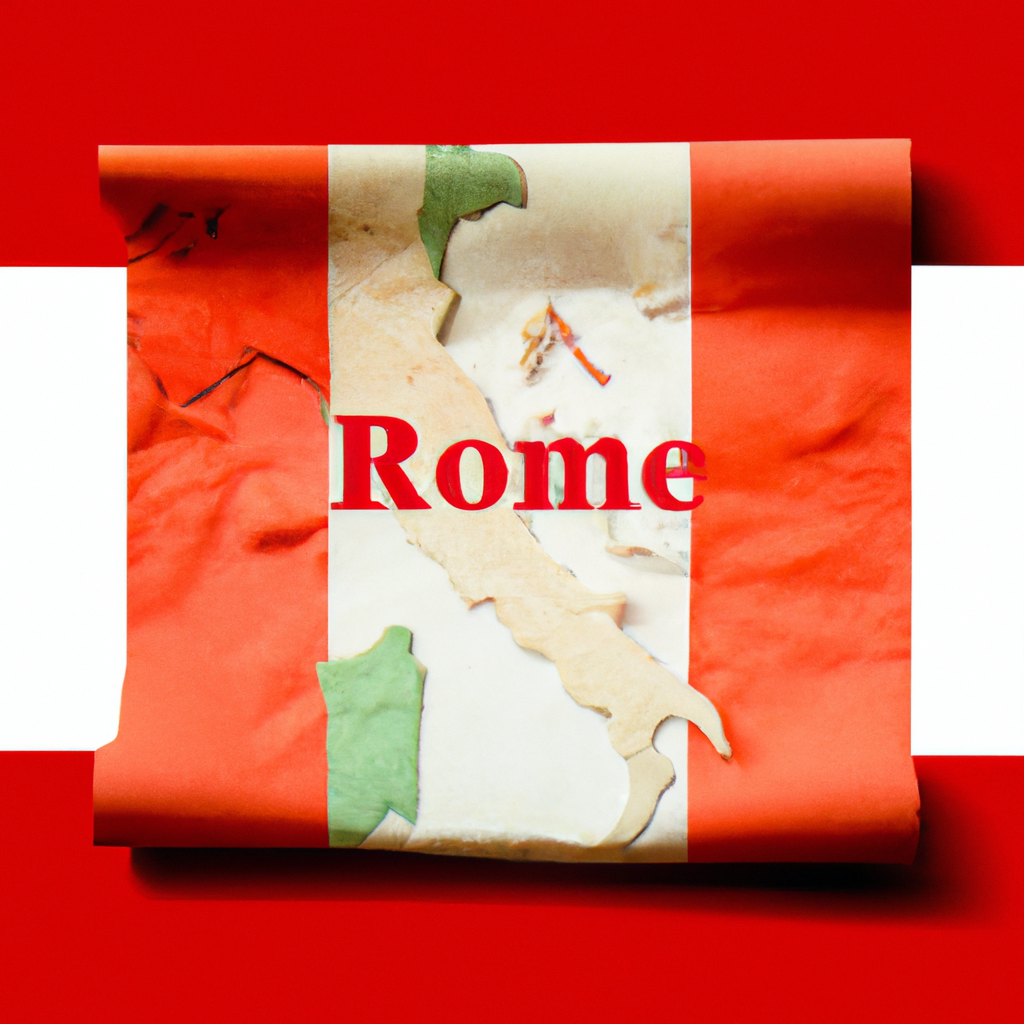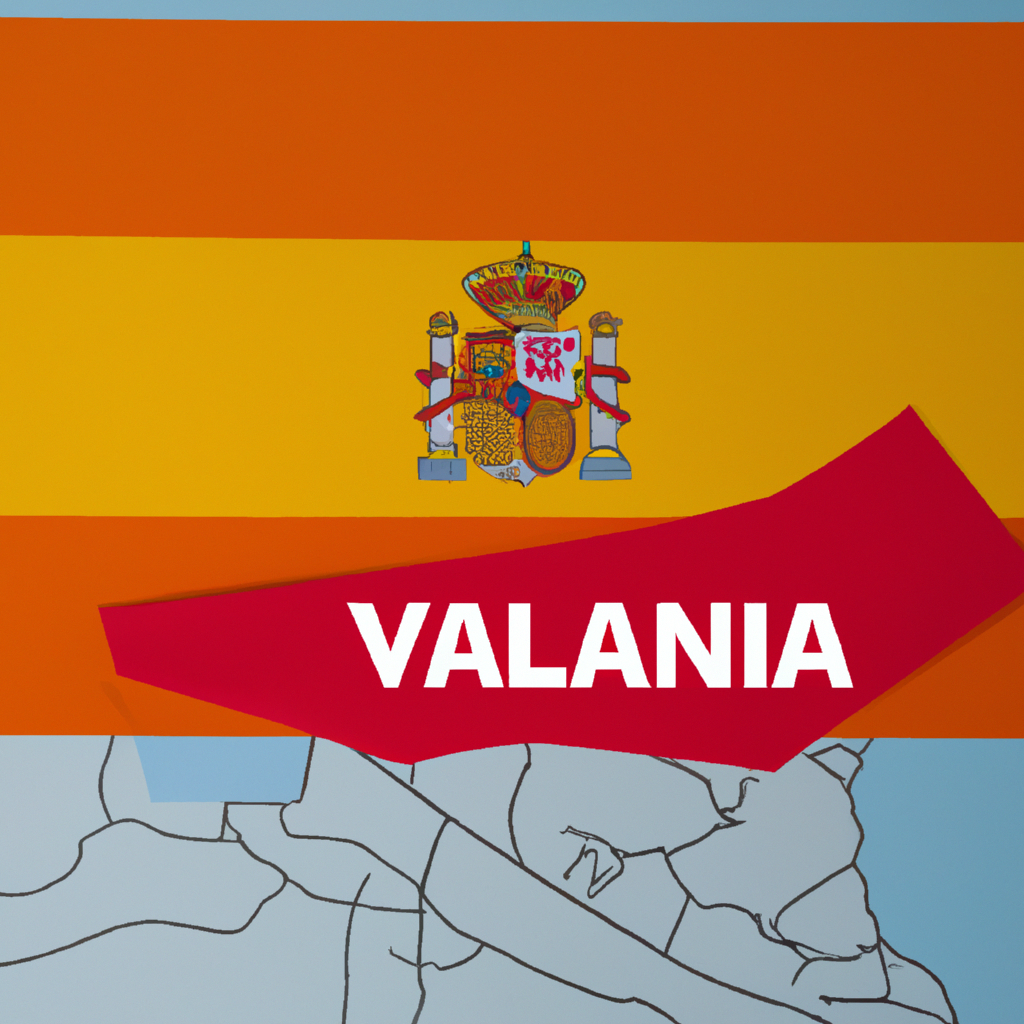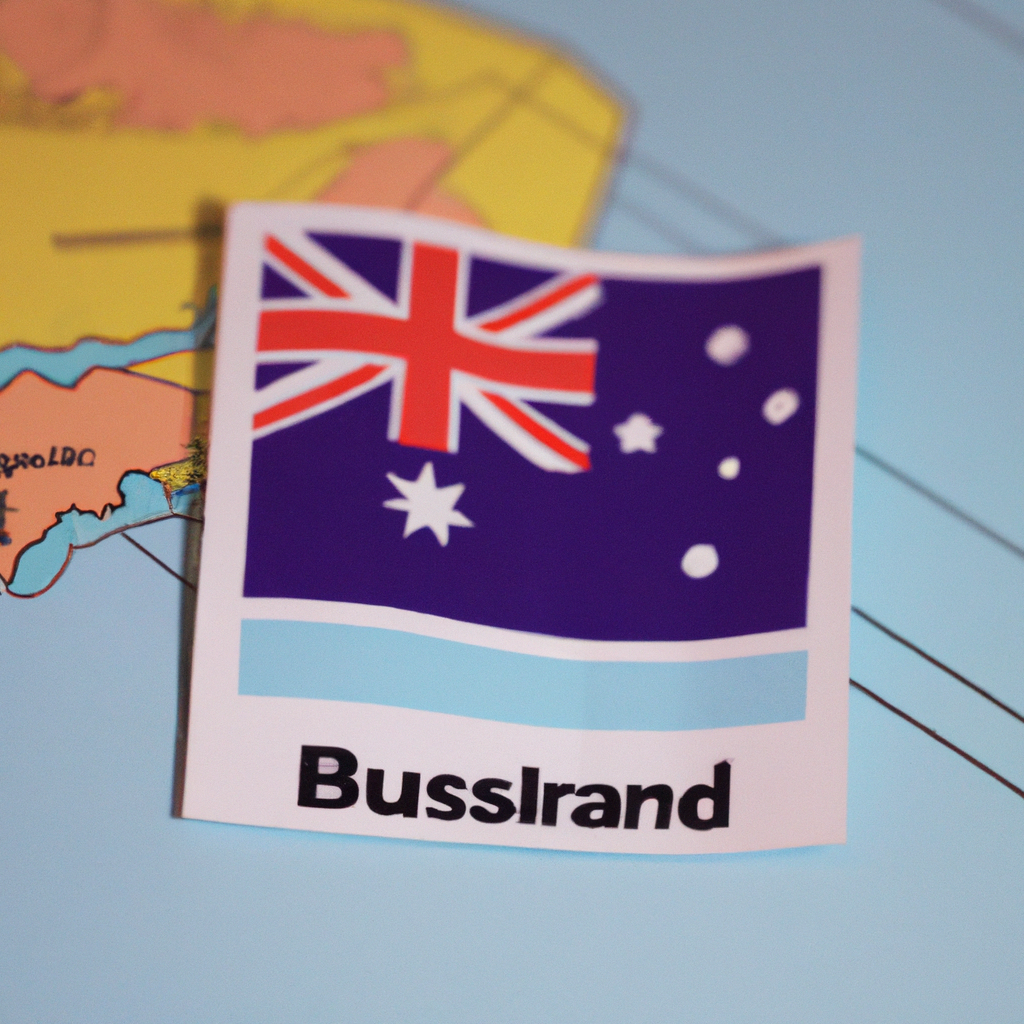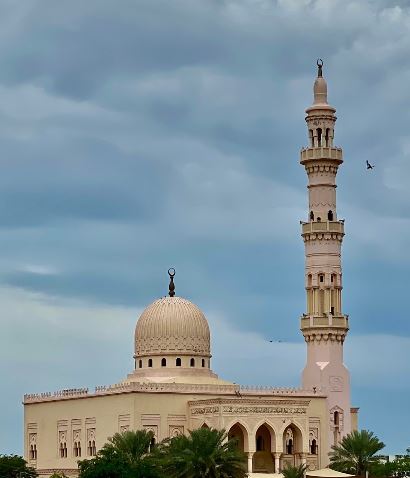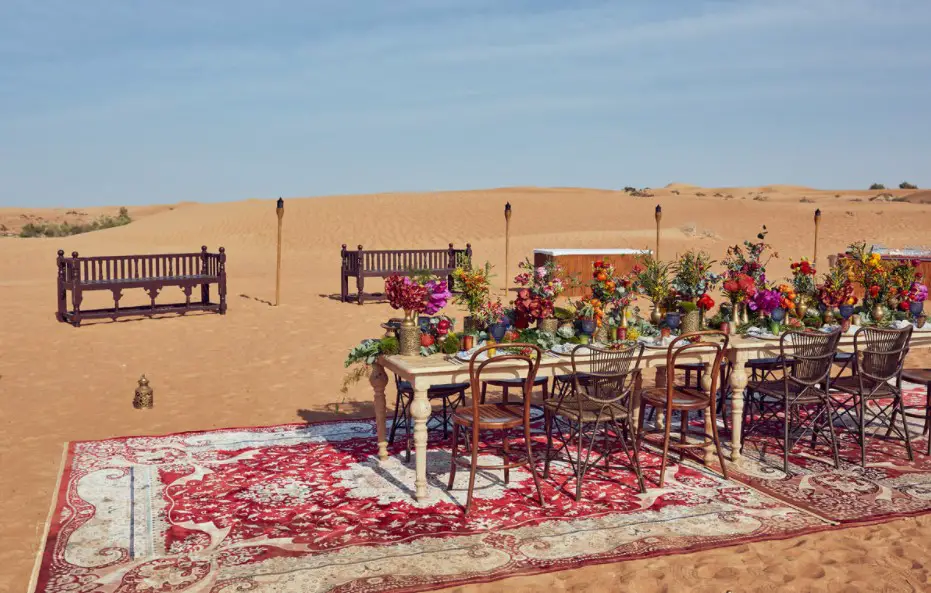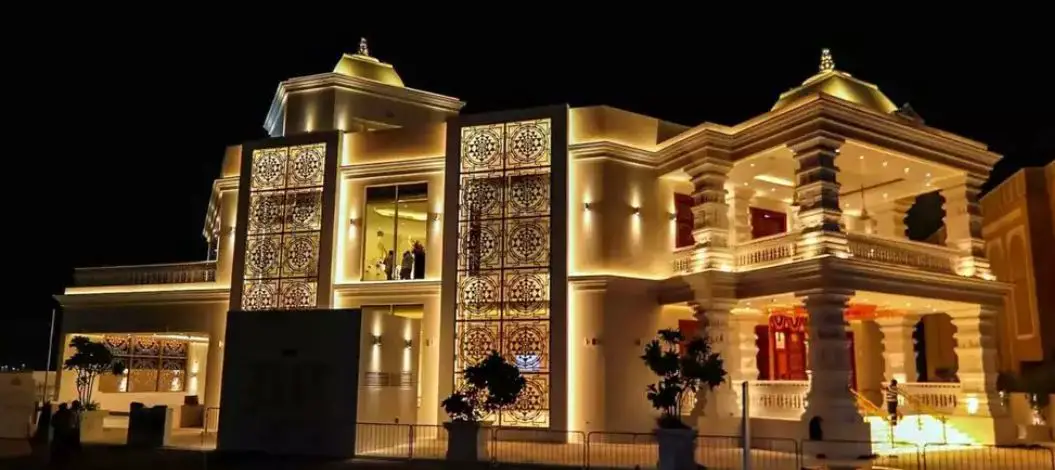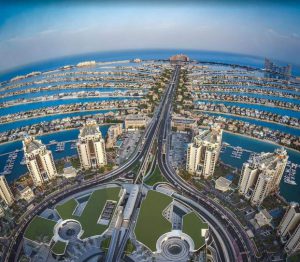Dubai, United Arab Emirates: Interesting Facts,History, Things to do,Why to Visit
Post ByAdequate Travel
Dubai, the United Arab Emirates has quickly become a popular destination for tourists of every sort. From iconic skyscrapers to exciting desert activities and vibrant nightlife, there’s something for everyone. But what is it that makes Dubai such an interesting place? Let’s take a closer look at the history, things to do, and the reasons to visit this destination. With its vibrant culture, delicious cuisine, and ancient monuments, there is so much to explore and enjoy in Dubai. With its picturesque vistas, a lively city, and an interesting culture, you’re sure to have an unforgettable experience. From sky-high shopping to traditional attractions, culture, and activities, there’s something uniquely special about this vibrant city. You’ll get to explore, experience, and appreciate all that Dubai has to offer – from its bustling culture and exciting attractions to its beautiful beaches and vibrant nightlife.
The United Arab Emirates (UAE) is a country located in the Middle East, on the eastern Arabian Peninsula. It is a federation of seven emirates, including Abu Dhabi (the capital), Dubai, Sharjah, and others. The UAE has a diverse economy, heavily reliant on oil and gas exports, which has led to significant wealth and development over the years. However, the government has actively worked to diversify the economy by investing in sectors such as tourism, finance, real estate, and renewable energy.Dubai, one of the emirates, has become a major global business and tourism hub, known for its lavish skyscrapers, luxury shopping malls, and extravagant lifestyle. It is home to the world's tallest building, the Burj Khalifa, and is famous for its artificial islands and luxury hotels.The UAE is known for its modern infrastructure, including a well-developed transportation network and state-of-the-art airports. It has also made significant advancements in education and healthcare.The country has a diverse population, with a large expatriate community contributing to the cultural diversity. Islam is the official religion, and Arabic is the official language, although English is widely spoken.The UAE enjoys a stable political environment, with a federal system of government and a constitutional monarchy. The ruling families of the seven emirates form the Supreme Council of Rulers, and the President is elected from among them.Overall, the UAE is a country that has achieved remarkable economic growth and development, attracting tourists, investors, and professionals from around the world.Explore the popular places in uae, and immerse yourself in its vibrant culture.
Interesting facts
Interesting Facts about the UAE
1. Architecture:
The UAE is known for its futuristic and iconic architecture. One of the most famous examples is the Burj Khalifa, the tallest building in the world. This skyscraper stands at a height of 828 meters and offers stunning views of Dubai's skyline.
2. Artificial Islands:
The UAE is home to several artificial islands, including Palm Jumeirah, Palm Jebel Ali, and The World. These islands were constructed in the shape of palms and a map of the world, adding to the country's uniqueness and luxury.
3. Unique Police Vehicles:
The UAE's police force has a fleet of luxury cars including Lamborghinis, Ferraris, and Bugattis. These high-performance vehicles are used to patrol the streets and are a symbol of the country's extravagance and modernity.
4. No Income Tax:
One of the major benefits of working in the UAE is that there is no income tax imposed on individuals. This has attracted a large number of expatriates who enjoy the financial advantages of working in the country.
5. Indoor Ski Resort:
The UAE is home to Ski Dubai, an indoor ski resort located in the Mall of the Emirates. Visitors can experience skiing, snowboarding, and even interact with penguins in this one-of-a-kind attraction, despite the country's desert climate.
6. Camel Racing:
Camel racing is a popular sport in the UAE. However, instead of jockeys, the camels are equipped with robotic riders controlled by trainers in vehicles. This modern twist on a traditional sport showcases the country's technological advancements.
7. Cultural Diversity:
The UAE is a melting pot of cultures with a large expatriate population. People from all around the world live and work in the country, contributing to its diverse and multicultural society.
8. World Records:
The UAE holds several world records including having the largest handmade carpet, the longest zipline, and the largest fountain display. These records highlight the country's pursuit of extraordinary achievements.
9. Date Palm Trees:
The UAE is known for its date palm trees, and date production is an important agricultural activity. The country produces a variety of dates that are exported internationally and are a symbol of its desert heritage.
10. Rich History:
The UAE has a rich history dating back thousands of years. Archaeological sites such as the Hili Archaeological Garden and Al Ain Oasis provide insights into the country's ancient civilizations and traditional way of life.
From museums to parks,uae tourist attractions offer something for everyone, making it a versatile destination for all type of tourists.History of UAE
The United Arab Emirates (UAE) is a country located in the Arabian Peninsula, bordering Oman, Saudi Arabia, and the Persian Gulf. The history of the UAE is shaped by ancient civilizations, foreign invasions, and the discovery of oil, which transformed the region into one of the world's wealthiest nations. Here is a detailed account of the UAE's history:
Ancient Civilizations
The UAE has a rich history that stretches back thousands of years. Ancient civilizations, such as the Umm Al Nar and Wadi Suq cultures, inhabited the region as early as 5000 BCE. These early settlements engaged in trade, farming, and fishing.
Foreign Invasions
Throughout its history, the UAE experienced several foreign invasions and occupations. In the 16th century, the Portuguese arrived and established a stronghold in the region. However, their influence was short-lived as local tribes, known as the Qawasim, ousted them in the 18th century.
During the 19th century, the British, interested in securing maritime routes, established control over the coastal areas of the UAE through agreements with local rulers. The British presence had a significant impact on the UAE's development, leading to the creation of modern infrastructure, such as ports and telecommunications systems.
Formation of UAE
The United Arab Emirates, as we know it today, was formed in 1971 when the Trucial States, a collection of sheikhdoms on the Arabian Peninsula, formed a federation. The Trucial States included Abu Dhabi, Dubai, Sharjah, Ajman, Umm Al Quwain, and Fujairah. Ras Al Khaimah joined the federation later in 1972.
Discovery of Oil
The discovery of oil in the 1950s transformed the UAE into a major global player. The oil reserves in the region proved to be vast, attracting international attention and investment. The newfound wealth allowed the UAE to invest in modern infrastructure, healthcare, education, and other sectors, leading to rapid development and prosperity.
Economic Diversification
In recent years, the UAE has made significant efforts to diversify its economy beyond oil. Today, the country is known for its thriving sectors such as finance, tourism, real estate, and renewable energy. This diversification strategy aims to reduce dependence on oil and establish a sustainable and knowledge-based society.
Example points (in p tag):- Ancient civilizations in the UAE date back to 5000 BCE, with settlements engaged in trade, farming, and fishing.
- The Portuguese briefly held control in the 16th century but were later displaced by the local Qawasim tribes.
- The British established control in the 19th century, leading to the development of modern infrastructure.
- The UAE was formed in 1971 when the Trucial States united as a federation.
- Oil was discovered in the 1950s, transforming the UAE into a wealthy nation.
- The UAE's economy has diversified beyond oil, focusing on sectors like finance, tourism, and renewable energy.
Famous Things of UAE
1. Burj Khalifa:The Burj Khalifa is the tallest building in the world and a renowned landmark of UAE. Standing at a height of 828 meters, it offers breathtaking views of Dubai from its observation decks. It is also home to a luxury hotel, residential apartments, and offices.2. Palm Jumeirah:Palm Jumeirah is an artificial archipelago that resembles a palm tree and is one of the most iconic attractions in Dubai. It hosts luxurious hotels, resorts, and residential villas along its fronds. The Palm Jumeirah also offers an array of entertainment options, including water parks and beach clubs.3. Sheikh Zayed Grand Mosque:The Sheikh Zayed Grand Mosque is a magnificent religious site located in Abu Dhabi. It is one of the largest mosques in the world and can accommodate over 41,000 worshippers at a time. The mosque boasts stunning architecture, featuring white marble, intricate carvings, and beautiful Persian carpets.4. Dubai Mall:Dubai Mall is one of the world's largest shopping malls and a major attraction for tourists. It offers an extensive range of retail outlets, including luxury brands and high-street stores. Additionally, the mall houses various entertainment facilities such as an indoor theme park, an aquarium, and an ice rink.5. Yas Island:Yas Island is a popular leisure and entertainment hub situated in Abu Dhabi. It is home to the Yas Marina Circuit, where the Formula 1 Abu Dhabi Grand Prix takes place. The island also features attractions like Ferrari World, Yas Waterworld, and Yas Mall, providing visitors with a thrilling experience.6. Al Fahidi Historic District:The Al Fahidi Historic District is a well-preserved neighborhood in Dubai, showcasing traditional Emirati architecture. It allows visitors to experience the rich heritage and culture of the UAE. The district is home to museums, art galleries, and traditional courtyard houses known as wind towers.7. Jebel Hafeet:Jebel Hafeet is the highest peak in the UAE, located in Al Ain. It offers stunning panoramic views of the surrounding desert landscape and is a popular spot for picnics and hiking. The mountain is accessible by road, and the journey to the top consists of winding roads with breathtaking vistas.8. Dubai Miracle Garden:The Dubai Miracle Garden is a vibrant floral paradise and holds the Guinness World Record for having the largest display of natural flowers. It features various sculptures and structures adorned with intricate floral arrangements, providing a magical and picturesque setting for visitors.9. Sharjah Arts Museum:The Sharjah Arts Museum is a prominent cultural institution in the UAE, housing a vast collection of artworks from local and international artists. It offers exhibitions and educational programs dedicated to promoting art and creativity. The museum plays a vital role in preserving the region's artistic heritage.10. Al Ain Oasis:The Al Ain Oasis is a UNESCO World Heritage Site and a tranquil oasis in the midst of the desert. It showcases traditional falaj irrigation systems and lush date palm groves, providing a peaceful retreat for nature enthusiasts. Visitors can explore the oasis through walking paths and learn about its historical significance.Discover some unique facts about uae that will leave you amaze and intrigue.Culture of UAE
The United Arab Emirates (UAE) is a country rich in culture, shaped by its historical heritage and a blend of traditions from various global influences. The culture of the UAE reflects a strong emphasis on Islamic traditions, Bedouin customs, and modern influences from globalization.
Religion
The UAE follows Islam as its official religion, with the majority of the population being Muslim. The culture is deeply rooted in Islamic values, which influence daily life, social customs, and legal practices. Mosques are prevalent throughout the UAE, and prayer times are strictly observed.
Language
The official language of the UAE is Arabic, which is spoken by the majority of the population. English is widely used as a second language, especially in business and tourism sectors. Other languages, such as Hindi, Urdu, and Tagalog, are spoken by expatriate communities residing in the UAE.
Dress Code
The traditional Emirati dress for men is the Kandura, a long white robe, and a head covering called the Gutra. Women typically wear the Abaya, a loose black robe, and cover their heads with a headscarf called the Shayla. However, due to the influence of western culture and the presence of expatriates, modern fashion trends are also prevalent, especially among the younger generation.
Cuisine
Emirati cuisine is a blend of Middle Eastern and Asian flavors. Traditional dishes often include rice, meat (such as lamb or camel), fish, and various spices. Dates, camel milk, and Arabian coffee (Gahwa) hold significant cultural importance and are commonly served to guests. Due to the multicultural nature of the UAE, a wide array of international cuisines can also be found.
Art and Architecture
The UAE embraces both traditional and modern art forms. Traditional Arab calligraphy and geometric patterns are commonly seen in mosques, palaces, and historical buildings. Modern architectural marvels, such as the Burj Khalifa and Sheikh Zayed Grand Mosque, showcase the visionary ambitions of the country. Additionally, festivals, exhibitions, and art galleries promote local and international artists.
Traditional Celebrations
The UAE celebrates numerous traditional festivals and events that reflect its cultural diversity. Some examples include:
- Eid al-Fitr: This festival marks the end of Ramadan and is celebrated with feasts, family gatherings, and giving of gifts.
- National Day: Celebrated on the 2nd of December, this day commemorates the formation of the UAE and is marked by parades, fireworks, and cultural performances.
- Islamic New Year: The Islamic New Year is celebrated according to the Islamic lunar calendar and is marked by prayers, contemplation, and cultural events.
- Emirati Wedding: Traditional Emirati weddings are vibrant and joyful occasions, often involving multiple ceremonies and festivities.
Cuisine of UAE
The cuisine of UAE is a reflection of the rich cultural heritage and diverse influences from various regions, including Middle Eastern, Persian, Indian, and African cuisines. The culinary traditions in UAE are deeply rooted in Arabic culture and traditions, with an emphasis on hospitality, generous servings, and flavorful dishes.
Main Features of UAE Cuisine:
1. Mezze: Mezze is a popular UAE appetizer that consists of a variety of small dishes served together. It typically includes hummus, falafel, tabbouleh, baba ganoush, and stuffed grape leaves.
2. Grilled Meat: Grilled meat, especially lamb and chicken, is a staple in UAE cuisine. The meat is marinated with spices and herbs, then cooked to perfection on charcoal grills. Shawarma and kebabs are popular dishes made with grilled meat.
3. Rice and Meat: Rice and meat-based dishes are commonly consumed in UAE. The most famous dish is "Mandi," which is a flavorful combination of spiced rice and tender meat, usually chicken or lamb. Another popular dish is "Machbous," a spiced rice and fish dish.
4. Seafood: With its coastal location, UAE offers a wide variety of fresh seafood dishes. Grilled or fried fish, shrimp, crab, and lobster are commonly served. "Sayadiya" is a popular dish made with fish and rice, cooked in a blend of spices and topped with caramelized onions and nuts.
5. Arabic Bread: Arabic bread, also known as "Khobz," is a staple in UAE cuisine. It is usually round and thin, baked in clay ovens, and served with various dishes. It is also used to wrap grilled meats and dips like hummus and labneh.
Examples of UAE Cuisine:
1. Falafel: Falafel is a deep-fried ball or patty made from ground chickpeas or fava beans. It is usually served as an appetizer or in sandwiches with tahini sauce and fresh vegetables.
2. Shawarma: Shawarma is a popular street food in UAE, consisting of thin slices of marinated grilled meat (usually chicken or lamb) wrapped in Arabic bread, along with garlic sauce, pickles, and vegetables.
3. Kunafa: Kunafa is a traditional Arabic dessert made of a layer of crispy pastry filled with a sweet cheese filling and soaked in a sweet syrup, often flavored with rose water or orange blossom water.
4. Luqaimat: Luqaimat are small, deep-fried dumplings made from flour, sugar, and yeast. They are crispy on the outside and soft on the inside, and typically drizzled with date syrup or honey before serving.
5. Majboos: Majboos is a fragrant rice dish cooked with meat (usually chicken or lamb), onions, and a blend of aromatic spices such as saffron, cinnamon, and cardamom. It is a popular main course in UAE.
Step back in time as you visit the historical sites in uae, where the past comes alive.Visit Burj Khalifa
One of the top things to do in the UAE is to visit the iconic Burj Khalifa, the tallest building in the world. Standing at a height of 828 meters, the Burj Khalifa offers breathtaking views of Dubai from its observation decks located on the 124th and 148th floors. Visitors can experience the world's fastest elevator ride and enjoy panoramic views of the cityscape, the coastline, and the surrounding desert.
Explore the Palm Jumeirah
Another must-do activity in the UAE is exploring the Palm Jumeirah, an artificial island shaped like a palm tree. This man-made wonder is home to luxurious hotels, resorts, villas, and apartments, as well as a wide range of entertainment and dining options. Visitors can relax on the stunning beaches, indulge in water sports, or enjoy a meal at one of the many world-renowned restaurants on the island.
Visit Sheikh Zayed Grand Mosque
One of the most beautiful architectural marvels in the UAE is the Sheikh Zayed Grand Mosque in Abu Dhabi. This stunning mosque features 82 domes, intricate carvings, and stunning white marble work. Visitors can take guided tours to admire the intricate details of the mosque's interior, including the largest hand-knotted carpet, crystal chandeliers, and breathtaking calligraphy.
Enjoy a Desert Safari
A popular activity in the UAE is going on a desert safari. Visitors can experience the thrill of riding over sand dunes in 4x4 vehicles, try their hand at sandboarding, or take a leisurely camel ride. Evening desert safaris often include traditional Arabian entertainment such as belly dancing, henna painting, and a delicious BBQ dinner under the stars.
Shop at the Dubai Mall
With over 1,200 stores, the Dubai Mall is one of the world's largest shopping destinations. Visitors can explore a wide range of luxury brands, fashion labels, electronics, and souvenirs. The mall also features various entertainment options, including an Olympic-sized ice rink, a massive aquarium, a virtual reality park, and a wide selection of dining establishments.
Visit the Louvre Abu Dhabi
The UAE is also home to the stunning Louvre Abu Dhabi, an art and civilization museum. The museum showcases artworks from around the world, allowing visitors to explore different cultures and artistic styles. The building's architecture is a masterpiece in itself, with a stunning dome made of intricate geometric patterns and reflecting pools that create a peaceful atmosphere.
Experience Ferrari World
Ferrari World, located in Abu Dhabi, is the world's first Ferrari-branded amusement park. This thrilling theme park offers a range of adrenaline-pumping rides, including Formula Rossa, the world's fastest roller coaster. Visitors can also enjoy racing simulators, shows, and interactive displays that showcase the history and passion of the Ferrari brand.
Relax at Jumeirah Beach
Jumeirah Beach is a pristine stretch of coastline in Dubai, offering beautiful white sand and crystal-clear waters. Visitors can relax on the beach, swim in the sea, or engage in water sports such as jet skiing and parasailing. The beach is also lined with cafes, restaurants, and beach clubs where visitors can enjoy a meal or sip refreshing drinks while taking in the stunning views.
When planning your trip to uae, be sure to include the best things to do in uae, which encompass a wide range of cultural experiences.Climate of UAE
The climate of the United Arab Emirates (UAE) is predominantly arid and desert-like. The country experiences extremely high temperatures and little rainfall throughout the year. Here are some key factors that shape the climate in the UAE:1. Extreme Heat
The UAE has a desert climate, which means it has hot summers and mild winters. Summers are scorching, with temperatures soaring above 40°C (104°F) across most parts of the country. The city of Al Ain holds the record for the highest temperature ever recorded in the UAE, reaching a scalding 51.8°C (125.2°F). The extreme heat makes it challenging for people to engage in outdoor activities during summers.2. Limited Rainfall
Rainfall in the UAE is scarce, with an average annual precipitation of only 100mm (4 inches). Most of the rain occurs during the winter months, primarily from December to March. However, even during these months, the rainfall is often sporadic and light. The majority of the country receives less than 50mm (2 inches) of rainfall annually. This limited precipitation poses challenges for agriculture and water resources in the region.3. Humidity
The UAE experiences high levels of humidity, particularly along the coastal areas. The combination of high temperatures and humidity can make the weather feel even hotter and more uncomfortable. Humidity levels can reach as high as 90% during the summer months, making outdoor activities strenuous and causing discomfort for residents and tourists alike.4. Sandstorms
Sandstorms are a common occurrence in the UAE due to its desert environment. These storms are caused by strong winds moving over vast stretches of sand, picking up loose particles and creating a haze in the air. Sandstorms can reduce visibility, impact air quality, and disrupt daily activities.5. Variation in Temperatures
Despite the generally hot climate, there can be a significant variation in temperatures between coastal and inland regions. Coastal areas tend to be more moderate with cooler breezes, while inland regions experience higher temperatures due to the absence of the cooling effect from the sea.In conclusion, the UAE has an arid desert climate characterized by extreme heat, limited rainfall, high humidity, sandstorms, and variations in temperature. These climatic conditions influence various aspects of life in the country, from outdoor activities to agriculture and water resources management. Understanding the climate of the UAE is crucial for residents, tourists, and policymakers in order to plan and adapt to the challenges posed by these environmental conditions.Discover unique facts about uae, a destination filled with rich history and natural beauty.Popular Activities in UAE
1. Desert Safaris
Desert safaris are a popular activity in the UAE, particularly in Dubai and Abu Dhabi. These safaris allow visitors to experience the thrill of driving through the vast and beautiful deserts of the region. You can choose from several options such as dune bashing, sandboarding, camel riding, or simply enjoying a traditional Bedouin-style dinner in the desert.
2. Shopping
The UAE is renowned for its extravagant shopping malls and markets. From luxury brands to local boutiques, there is something for everyone. The Dubai Mall and Mall of the Emirates in Dubai and Yas Mall in Abu Dhabi are some of the most popular destinations. Visitors can find a wide range of items, including fashion, electronics, jewelry, and traditional Arabic goods.
3. Visiting Iconic Landmarks
The UAE is home to several iconic landmarks that attract tourists from around the world. The Burj Khalifa, the tallest building in the world, is a must-visit. The Sheikh Zayed Grand Mosque in Abu Dhabi showcases stunning architecture and is open for public visits. Palm Jumeirah, a man-made island, is also a popular spot for tourists to explore.
4. Water Sports
Being surrounded by the Arabian Gulf, the UAE offers a range of water sports activities. Visitors can enjoy jet skiing, parasailing, flyboarding, kayaking, and even scuba diving in some areas. The clear blue waters and warm weather make it an ideal destination for water sports enthusiasts.
5. Theme Parks
The UAE is home to several world-class theme parks that cater to all ages. Ferrari World Abu Dhabi offers thrilling roller coasters and driving experiences. Dubai Parks and Resorts feature multiple theme parks, including Motiongate Dubai, Bollywood Parks, and Legoland. These parks are perfect for a fun-filled day with family and friends.
Plan your trip with a list of the best things to do in uae, catering to all interests.Night Life in UAE
In the United Arab Emirates (UAE), there are several cities that offer vibrant and exciting nightlife experiences. From luxury nightclubs to rooftop bars, there are plenty of options for residents and tourists to enjoy after sunset.
1. Dubai
Dubai is known for its extravagant nightlife scene. It is home to some of the world’s most famous nightclubs, such as White Dubai and Cavalli Club. These venues often feature international DJs and performers, offering an unforgettable party experience. Additionally, Dubai is famous for its rooftop bars, where visitors can enjoy stunning views while sipping on cocktails.
2. Abu Dhabi
Abu Dhabi also boasts a diverse nightlife. The city is home to numerous bars and lounges, offering a more relaxed environment for socializing and unwinding. Yas Island is particularly famous for its nightclubs, while the Abu Dhabi Corniche is known for its trendy beachfront bars.
3. Sharjah
Although nightlife options in Sharjah are more limited compared to other Emirates, there are still a few venues where visitors can enjoy live music and entertainment. The Al Qasba area in Sharjah is known for its waterfront restaurants and cafes that offer a pleasant ambiance for an evening out.
4. Ras Al Khaimah
Ras Al Khaimah may not have the bustling nightlife scene of Dubai or Abu Dhabi, but it still has several options for those looking to enjoy an evening out. The Marjan Island Resort & Spa features a rooftop bar with panoramic views, while the city center has a variety of cafes and restaurants that offer live music performances.
5. Fujairah
Fujairah is another Emirate where nightlife options are relatively limited. However, the city center has a few bars and lounges that offer a relaxed atmosphere for socializing. The Miramar Al Aqah Beach Resort is known for its beachside evening entertainment, making it a popular spot for tourists and locals alike.
Overall, the UAE offers a diverse range of nightlife experiences across its different Emirates. Whether you're interested in extravagant nightclubs, rooftop bars with breathtaking views, or more relaxed venues for socializing, there is something for everyone to enjoy after dark in the UAE.
Explore the popular places in uae, and immerse yourself in its vibrant culture.Reasons to Visit UAE
There are several enticing reasons to plan a visit to the United Arab Emirates. From stunning architecture to vibrant cultural experiences, here are some highlights:
1. Iconic Landmarks
The UAE is home to numerous architectural marvels that attract tourists from around the world. One of the most famous landmarks is the Burj Khalifa, the tallest building in the world, located in Dubai. Visitors can enjoy breathtaking views from the observation decks.
Example: The Burj Khalifa, Dubai Mall, Palm Jumeirah
2. Luxury Shopping
The UAE is renowned for its luxurious shopping experiences. The country is filled with extravagant malls that house high-end fashion brands, jewelry stores, and futuristic entertainment options. Dubai Mall is particularly famous for its vast retail offerings.
Example: Mall of the Emirates, Yas Mall, Dubai Mall
3. Rich Cultural Heritage
The UAE boasts a unique blend of rich traditions and modern sensibilities. Visitors can explore the country's cultural heritage through museums, art galleries, and traditional markets known as "souks." The Al Fahidi Historic District in Dubai is a well-preserved area that showcases the traditional Emirati architecture.
Example: Sheikh Zayed Grand Mosque, Dubai Museum, Qasr Al Watan
4. Desert Adventures
The UAE's vast desert landscapes offer thrilling activities for adventurous travelers. Visitors can go dune bashing in a 4x4 vehicle, try sandboarding, or go on a camel safari. The Liwa Oasis and the Dubai Desert Conservation Reserve are popular destinations for desert adventures.
Example: Liwa Oasis, Dubai Desert Conservation Reserve, Hatta Desert
5. Culinary Delights
The UAE is a food lover's paradise, offering a wide array of cuisines from around the globe. From upscale dining establishments to budget-friendly street food, there is something to suit every palate. Visitors can try traditional Emirati dishes such as camel meat or indulge in international cuisines.
Example: Al Mashowa, Al Fanar Restaurant, Ravi Restaurant
6. World-Class Entertainment
The UAE hosts several world-class entertainment options. From indoor ski slopes and water parks to cutting-edge theme parks like Ferrari World and Warner Bros. World, there are endless opportunities for amusement and fun.
Example: Ferrari World Abu Dhabi, Warner Bros. World Abu Dhabi, Aquaventure Waterpark
In conclusion, the United Arab Emirates offers a diverse range of attractions and experiences for visitors. Whether it's exploring iconic landmarks, indulging in luxurious shopping, immersing oneself in the country's cultural heritage, embarking on thrilling desert adventures, savoring culinary delights, or enjoying world-class entertainment, UAE has something for everyone.Whether you're a history buff or an adventure seeker, uae has an attraction for you. So, don't miss the chance to visit popular places in uaeNumber of days required to visit UAE
The number of days required to visit UAE depends on several factors such as the purpose of the visit, the areas you wish to explore, and the activities you plan to engage in. Here are some factors to consider when determining the duration of your visit:
1. Purpose of the Visit
If you are visiting UAE for business purposes, the duration of your stay will typically be determined by the length of your scheduled meetings or conferences. However, if you are visiting for tourism and leisure purposes, you may have more flexibility in terms of the number of days.
2. Areas to Explore
UAE offers a range of attractions and cities to explore, including Dubai, Abu Dhabi, Sharjah, and more. The amount of time you require will depend on how many cities you plan to visit and how in-depth you want to experience each destination. For example, if you plan to visit Dubai alone, you might need around 3-4 days to explore its main landmarks such as Burj Khalifa, Dubai Mall, and Palm Jumeirah. However, if you wish to explore multiple cities, you might need a week or more.
3. Activities Planned
Consider the specific activities you plan to engage in during your visit to UAE. If you want to experience adventurous activities like desert safaris, dune bashing, and camel riding, you might need additional days to accommodate these experiences. Similarly, if you plan to visit theme parks, water parks, or cultural attractions, be sure to allocate sufficient time for each activity.
Example:
For example, if you plan for a 7-day visit to UAE and want to explore Dubai and Abu Dhabi, you might allocate 3-4 days for Dubai to explore its attractions and experience activities like dune bashing and visiting Burj Khalifa. You can then spend 2-3 days in Abu Dhabi to visit the Sheikh Zayed Grand Mosque, Yas Island, and other popular sights. This way, you can have a comprehensive experience of two major cities in UAE within a week.
It's essential to plan your itinerary based on your interests, preferred activities, and the time you have available. It's recommended to research the attractions and activities you want to experience in each city and allocate sufficient time accordingly. Moreover, consider any travel restrictions or visa requirements that may impact the duration of your visit.Explore the popular places in uae, and immerse yourself in its vibrant culture.
Significance of UAE
The United Arab Emirates (UAE) is a country located in the Middle East on the Arabian Peninsula. It holds several distinctive features that contribute to its significant position both regionally and globally. The following points highlight the significance of UAE:Economic Hub:
1. The UAE has emerged as a major economic hub in the Middle East, attracting businesses, investors, and professionals from around the world. It has a diverse economy and is known for its oil reserves, finance, tourism, real estate, and trade sectors.2. Dubai, one of the emirates in the UAE, is a global business and financial center. It has Jumeirah Lake Towers (JLT), a significant freezone attracting companies across different industries.Tourism Destination:
1. The UAE has positioned itself as a prominent tourism destination. With its impressive infrastructure, luxury hotels, world-class shopping malls, and iconic attractions like the Burj Khalifa and Palm Jumeirah, the country attracts millions of tourists every year.2. Abu Dhabi, the capital of the UAE, is home to cultural landmarks like Sheikh Zayed Grand Mosque and Louvre Abu Dhabi, adding to the country's appeal as a tourist hotspot.Diplomatic Relations:
1. The UAE maintains strong diplomatic relations with countries worldwide, contributing to its significance in global affairs. It has established embassies and consulates in numerous nations, fostering political and economic ties.2. The UAE played a crucial role as a mediator in various regional conflicts, aiming to maintain peace and stability. The country's initiatives, such as the Gulf Cooperation Council (GCC), demonstrate its commitment to regional cooperation.Cultural Diversity:
1. The UAE is known for its cultural diversity, with expatriates making up the majority of the population. This diversity brings together people from different cultures, promoting mutual understanding and exchange of ideas.2. Dubai, specifically, hosts various international events and exhibitions representing different cultures. For example, the Dubai Expo 2020 showcased the cultural richness of participating countries while promoting innovation and collaboration.Overall, the UAE's significance lies in its robust economy, status as a tourism destination, diplomatic relations, and cultural diversity. These factors contribute to its regional and global influence, making it a key player in various domains.From hidden gems to iconic landmarks, uae has something for every traveler's taste.FAQ's of UAE
1. What is the currency of UAE?
The currency of the United Arab Emirates is the UAE dirham. It is commonly abbreviated as AED (which stands for "Arab Emirate Dirham"). The dirham is further subdivided into 100 fils. For example, if you are traveling to the UAE and need to exchange your currency, you will receive the equivalent amount in dirhams.
Example: If you exchange 100 US dollars, you might receive approximately 367 dirhams.
2. What are the official languages in the UAE?
The official language of the UAE is Arabic. However, English is also widely spoken and understood, especially in major cities and tourist areas. Many signs, menus, and official documents are displayed in both Arabic and English, making it easier for tourists and expatriates to navigate and communicate.
3. Can I consume alcohol in the UAE?
The consumption of alcohol in the UAE is regulated. Non-Muslim residents and tourists over the age of 21 can purchase and consume alcohol in designated areas such as licensed bars, restaurants, and clubs. However, it is important to note that public drunkenness and driving under the influence of alcohol are strictly prohibited and can result in severe penalties.
4. What is the weather like in the UAE?
The UAE experiences a desert climate, characterized by hot summers and mild winters. Summers are extremely hot, with temperatures often exceeding 40 degrees Celsius (104 degrees Fahrenheit). Winters are relatively cooler, with temperatures ranging from 15 to 25 degrees Celsius (59 to 77 degrees Fahrenheit). It is advisable to carry loose, light clothing and sun protection when visiting the UAE during the summer months.
5. Are there any cultural norms or customs I should be aware of in the UAE?
Yes, it is important to be aware of and respect the cultural norms and customs in the UAE. As an Islamic country, modesty in dress and behavior is expected, especially in public places. It is customary to dress modestly, covering shoulders and knees, when visiting mosques or other religious sites. Public displays of affection should be avoided as it may be considered inappropriate. Additionally, during the holy month of Ramadan, it is important to follow fasting and dining restrictions in public areas.
Uncover the best uae attractions that will leave you awe-inspired and wanting more.